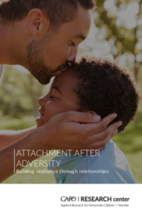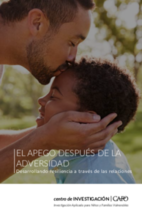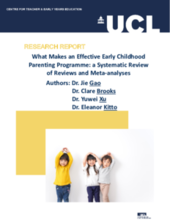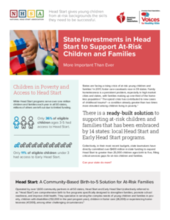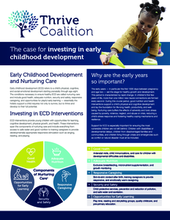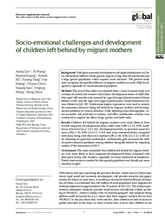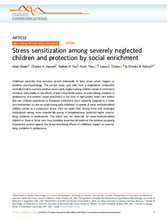Displaying 71 - 80 of 490
The Pathways of Care Longitudinal Study (POCLS) is the first large-scale prospective longitudinal study of children and young people in out-of-home care (OOHC) in Australia.
This e-book from CAFO provides guidance to individuals dedicated to serving at-risk children and families on how to build resilience through relationship to help them build better futures.
Este recurso de CAFO provee guía a individuos dedicados a servir a niños y familias en riesgo en construir la resiliencia a través de las relaciones para ayudarles a construir un futuro mejor.
By synthesising the research evidence, this study seeks to address the questions of whether early childhood parenting programmes are effective in improving parenting and enhancing children's development; and which factors of the programme design and implementation contribute to the successful outcomes of parenting programmes.
This issue of the Future of Children focuses on the first years of life starting with in utero experiences.
This brief from Head Start provides an overview of state funding for Head Start, a collection of comprehensive birth to five programs in the U.S. specifically designed to strengthen families, promote school readiness, and improve child health.
This chapter from 'Addressing Multicultural Needs in School Guidance and Counseling' focuses on the psychological and social issues that orphans and other vulnerable children experience when their parents are no longer alive.
This two-page document from the Thrive Coalition - a community of over 30 organizations and individuals dedicated to addressing U.S. Government support for global early childhood development - makes a case for U.S. investment in global early childhood development.
The present study aims to explore the specific influence of migrant mothers on early child development, especially on social-emotional problems.
The current study uses data from a longitudinal randomized controlled trial to examine whether severe early neglect among children reared in institutions increases vulnerability to the effects of later stressful life events on externalizing problems in adolescence, and whether social enrichment in the form of high-quality foster care buffers this risk.

